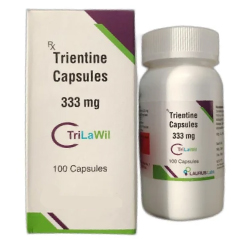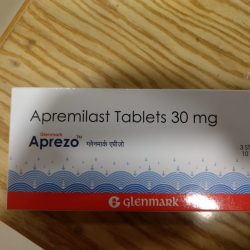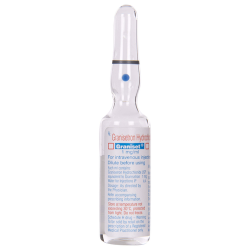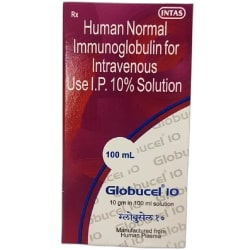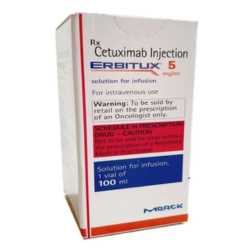Description
Uses of medication: Trientine Hydrochloride capsule is a chelating agent used for the treatment of Wilson’s disease (hepatolenticular degeneration) in patients intolerant to Penicillamine. Use of this drug when continued treatment with Penicillamine is no longer considerable because of intolerable or severe side effects.
Limitation(s) of use: Unlike penicillamine, treatment with Trientine (TriLaWil 333 mg) Capsule is not recommended in patients with cystinuria or rheumatoid arthritis. Do not use this medicine for biliary cirrhosis.
Dosage: The recommended initial dosage is 500-750 mg daily for pediatric patients and 750-1,250 mg daily for adults taken on an empty stomach, at least 60 minutes prior to a meal or 120 minutes after a meal, and at least 60 minutes apart from any kind of other drugs, food, or milk, in divided doses 2, 3, or 4 times daily. The capsules should be swallowed whole with water and must not be opened or chewed.
The dosage of Trientine capsule can be increased to a maximum of 2,000 mg/daily for adult individuals or 1,500 mg/daily for pediatric patients who are aged 12 or less.
Enhance the daily dosage only in case the clinical response is not adequate or the free serum copper concentration is constantly greater than 20 mcg/dL.
Storage: Store trientine capsules at 20-25°C (68-77°F); excursions permitted to 15-30°C (59-86°F). Store capsules in the original container. Protect the capsules of Trientine from light and moisture.
Availability in India: The Indian Pharma (TIP) helps connect buyers with suppliers who can ship TriLaWil at the global level as per the need of buyers. The Indian Pharma (TIP) provides the guarantee of quality and delivery for the TriLaWil (Trientine 333 mg capsules).
Buying Procedure: In order to buy Trientine online, you can contact us at our TOLL-FREE: 1800 889 1064 or on WhatsApp Number +91 8130290915 or Email us at: info@theindianpharma.com along with your Identity Proof, Prescription Letter, and Medical Reports.

